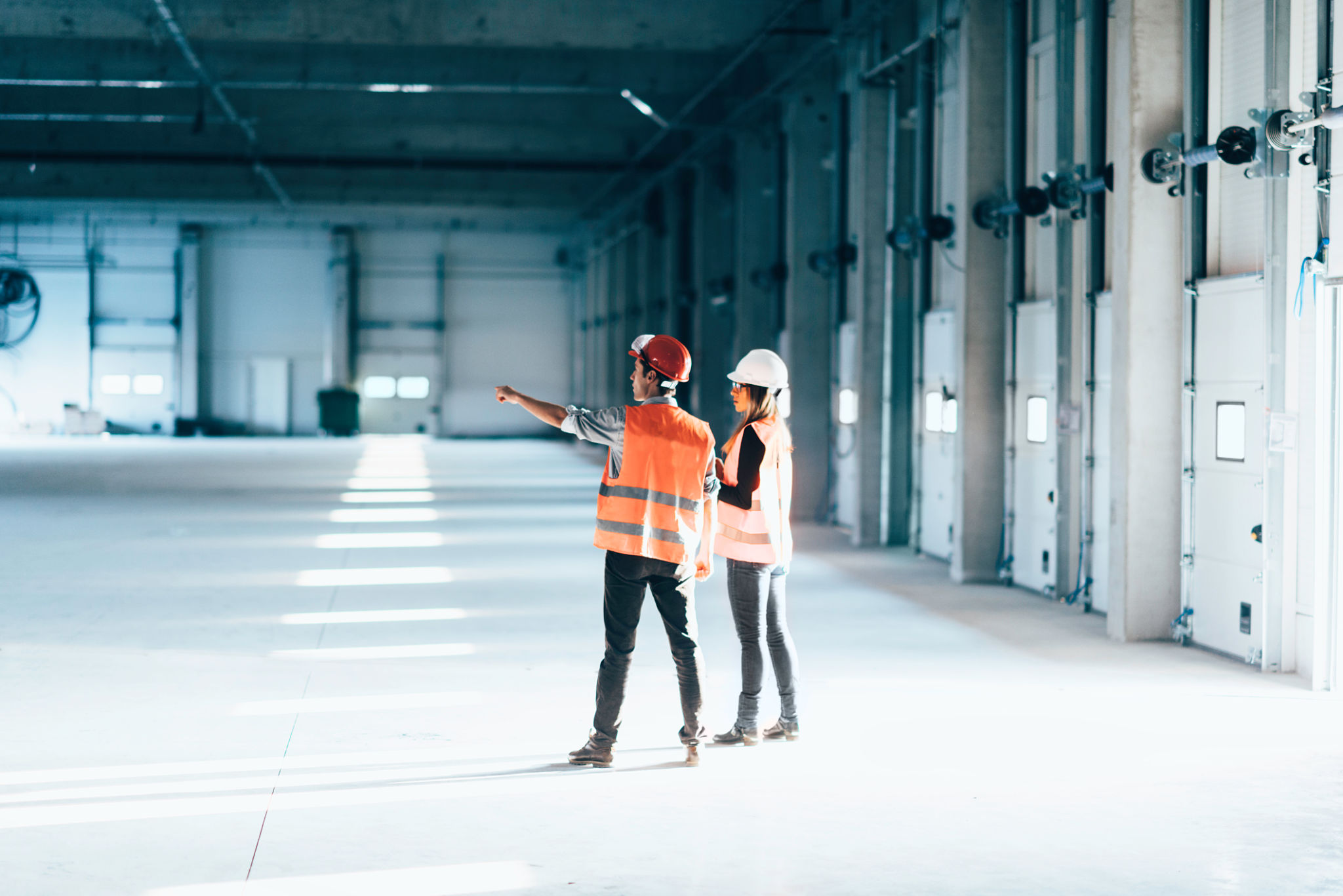Common Misconceptions About Real Estate Construction Debunked
The Cost of Real Estate Construction
One of the most common misconceptions about real estate construction is that it is prohibitively expensive. While it's true that construction projects can be costly, there are numerous factors that can help manage and even reduce expenses. Understanding these factors can help potential homeowners and investors make informed decisions.
Construction costs vary based on several elements, including location, materials, and labor. By choosing alternative materials or building techniques, costs can be significantly reduced without compromising quality. Additionally, working with experienced professionals can ensure that projects remain on budget.

Timeframe for Completion
Many people believe that real estate construction takes an indefinitely long time to complete. While construction projects do require time, advances in technology and project management have streamlined many processes. Today, a well-planned project can be completed much faster than in the past.
Factors such as weather conditions, permit approvals, and supply chain issues can affect timelines. However, proactive planning and risk management can mitigate these delays. Collaborating with a reliable contractor who has a track record of timely completion is crucial.

The Role of Technology
Another prevalent myth is that technology plays a minimal role in real estate construction. In reality, technology has revolutionized the industry. From 3D modeling and virtual reality to automated machinery and drones, these advancements have made construction more efficient and precise.
Utilizing technology helps in reducing errors, enhancing safety measures, and improving communication among stakeholders. This ultimately leads to a smoother construction process and a superior final product.

Environmental Impact
Some people assume that all real estate construction is harmful to the environment. However, sustainable building practices have gained significant traction in recent years. Many construction companies are now focusing on eco-friendly methods that minimize environmental impact.
Sustainable practices include using recycled materials, implementing energy-efficient designs, and ensuring proper waste management. These efforts not only benefit the environment but also appeal to environmentally conscious buyers.
Customization and Flexibility
A common belief is that new constructions offer little room for customization. On the contrary, modern construction projects often provide ample options for personalization. From floor plans to finishes, homeowners have the ability to tailor their spaces to their specific needs and preferences.
Working closely with architects and designers during the planning stages allows for greater flexibility. This ensures that the final product aligns with the homeowner's vision and lifestyle.

Quality Assurance
Many people worry about the quality of new constructions compared to older buildings. However, modern construction techniques prioritize quality and durability. Regulations and building codes ensure that new structures meet stringent safety and quality standards.
Additionally, real estate developers often offer warranties on new constructions, providing peace of mind to buyers. These warranties cover various aspects of the property, ensuring long-term satisfaction.

